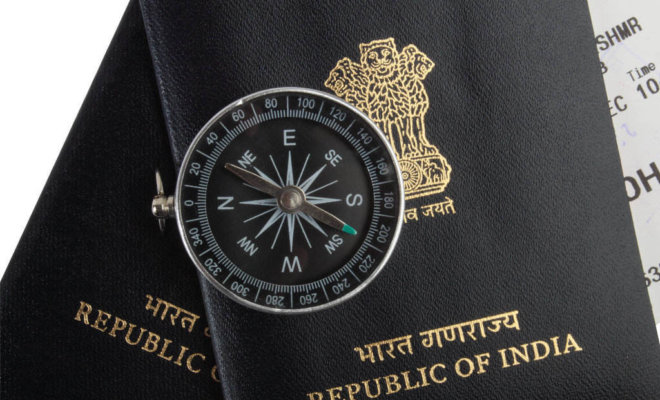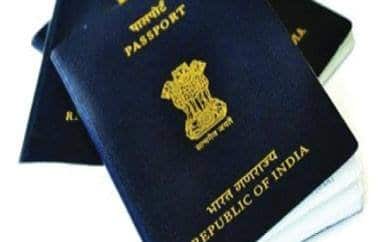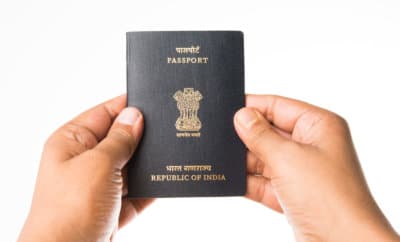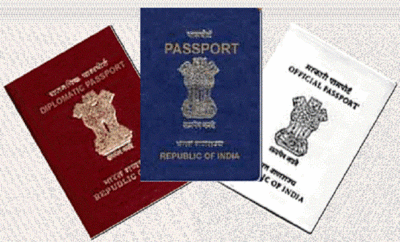Immigration
Govt Cannot Deny Passports To Citizens Seeking Asylum Abroad: Court

Indian passports
Photo: Bigstock
Sovereignty of the country is a robust concept that can withstand actions of isolated individuals, the Delhi High Court said.
The government cannot deny passports to Indian citizens even if they have applied for asylum abroad, the Delhi High Court said on Jan. 15. The verdict came after the Union government filed a batch of appeals against an earlier court order that had set aside the order of the Chief Passport Officer denying passport facility to three individuals who sought asylum abroad.
According to three appellants, they had applied for political asylum in foreign countries while they were overseas. One of them, Satnam Singh, made an application for a passport after his return from Canada on an emergency certificate. However, the application was rejected and his name was placed under the Prior Approval Category for five years on the ground that he had requested the Canadian government for political asylum. The decision to deny him and two others passport was because they “are likely to engage in activities prejudicial to the sovereignty and integrity of India.” Their decision was based on Section 6(1)(a) of the Passports Act, 1967.
Advocate Abhik Kumar said in their defense that his clients were never “part of any conspiracy with groups that sought to undermine the sovereignty and integrity of India.” He added that there were no facts indicating that any of the applicants at any time indulged in behavior that could lead to overt action.
However, Rajesh Gogna, the standing counsel for the government, said that the act of seeking political asylum meant that the applicants vowed allegiance to the laws and Constitution of another country.
The bench of justices S Ravindra Bhat and Sanjeev Sachdeva, while upholding the single judge’s order, countered the argument of the Center’s counsel saying that “sovereignty and integrity of the country are robust concepts that can withstand the actions of isolated individuals who may seek political asylum.”
“It is clear that the provisions of the Act should be strictly construed as they have the consequence of depriving a person of his essential rights, and such deprivation should not be done lightly, but within the confines of the legislative provision,” the bench said in its 18-page verdict.



